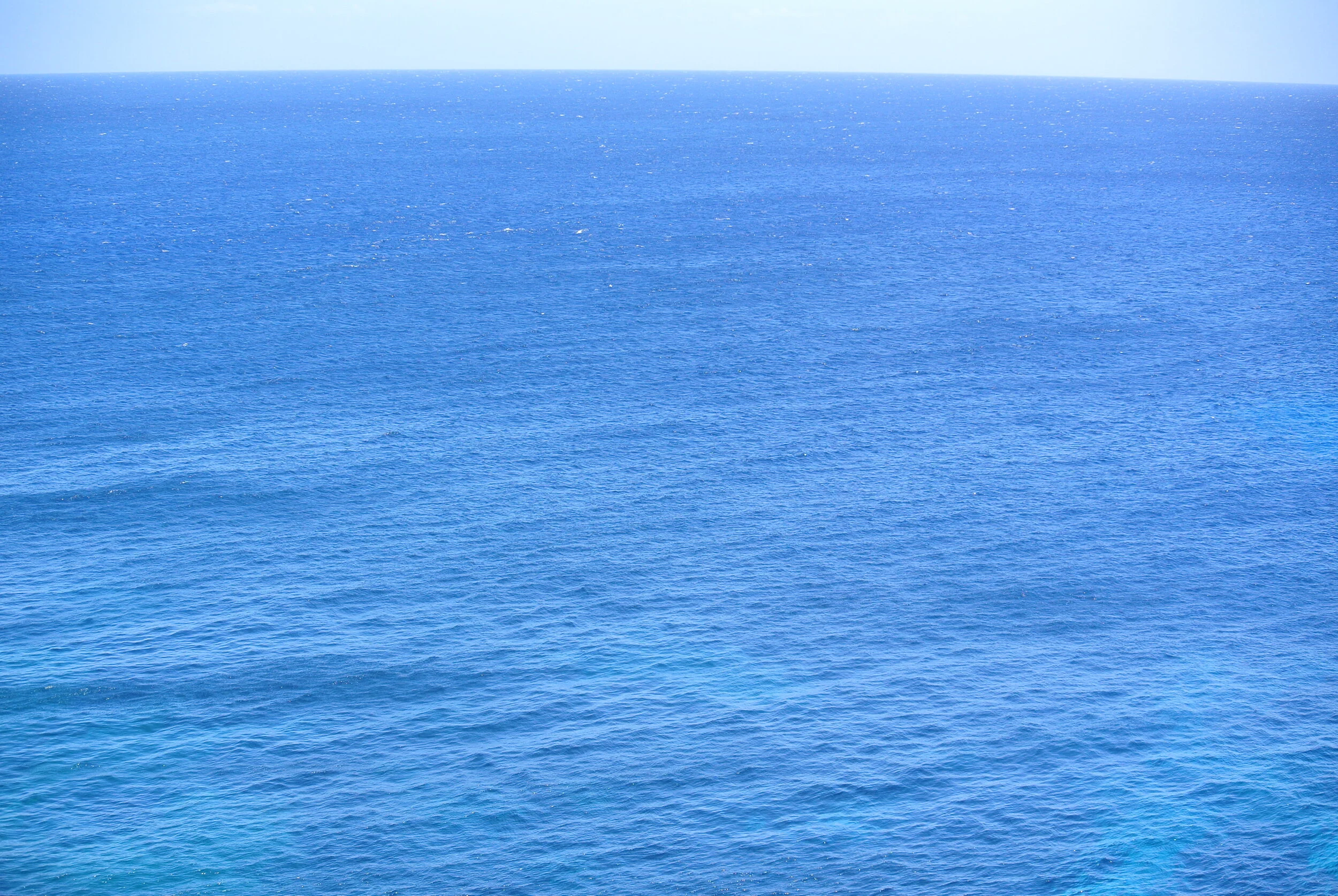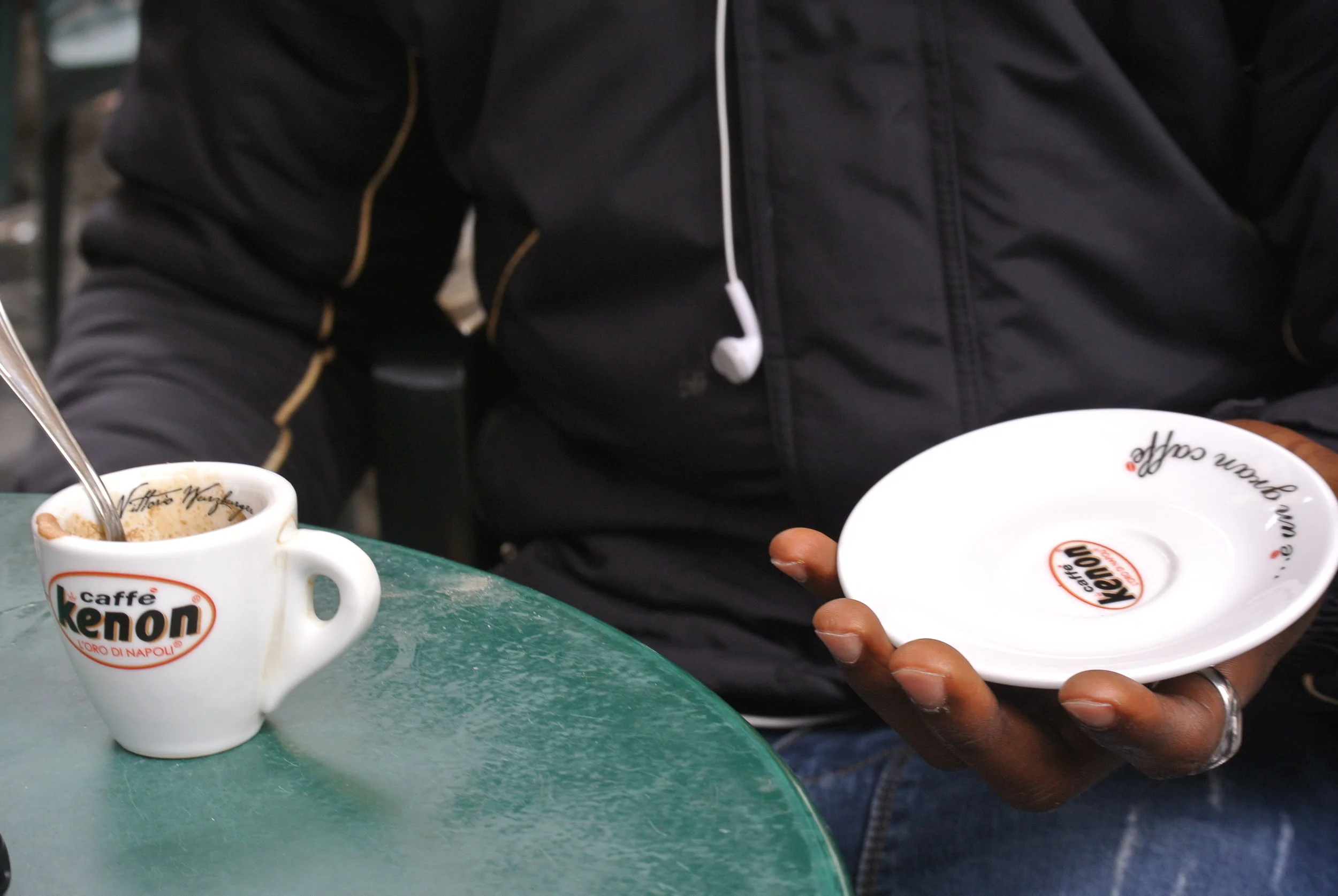Meet anonymous
©Pamela Kerpius/Migrants of the Mediterranean
by:
Pamela Kerpius
Recorded:
30 November 2017
Published:
December 2017
Revised:
1/10/25
Meet anonymous.
25 years old and from Nigeria.
To reach Italy he crossed three countries: Nigeria, Niger, and the most dangerous of all, Libya.
His journey took about six months.
He traveled for one week from Edo State to the Niger border. Soldiers there searched his bags for drugs, a perfunctory search, really, because they knew he was migrating away; they let him pass. After the border, he and 25 others were packed into a van where they were shuttled to Agadez, Niger.
He was in the van for two nights. He arrived and spent four nights hidden in a shelter in Agadez; he did not go outside. There was no food, except the biscuits he brought on his own from Nigeria. He gave money to the women who looked over the shelter to buy water for him to drink.
He crossed the Sahara desert in the back of a pickup truck with 26 people, including pregnant women, and two children, one boy and one girl. They ran out of water after two days. They found a well with dirty water, their only source to survive; they scooped it up in their jackets to drink.
Leggete in italiano
Auf Deutsch lesen
Version française
“We were all crying...”
“The driver said we should throw him away” about a man aboard who had died. The car did not stop to place him on the ground, much less bury him.
“We were all crying,” he said.
He spent seven nights in the Sahara in total. He described the heat waves that rippled his vision of the clear air in front of him. There is nothing to see in the desert. There are no trees, no bushes, no life, “it was empty,” he said. “We saw some bones,” some left over human remains that the heat had not taken.
He waited in a Libyan stopover city for two nights before he arrived in Sabha, Libya, where there were more than 100 people sleeping on the floor of a compound. There, people were beaten with a pipe to extort money from them. When he and his truck of fellow passengers arrived they were directed to lay on the ground where they were beaten and had their bags taken from them for search. He was in the compound in Sabha for one week and every morning he was beaten, every morning he cried.
He was transferred to the seaside camp, Sabratha, outside of Tripoli, where he stayed for about four months. There was no roof on his shelter, which was a large hall with over 200 people. It was “horrible,” he said, and many people wished they could return then to Nigeria.
He drank salty tap water in Sabratha; his stomach got sick from it. Sometimes he could pay Libyans to bring him bottled water. He ate a flour and water mixture for food, a small handful that would fit, as he displayed, on the small plate that holds a espresso cup:
“People died every day there,” he said, about the camp in Sabratha. People had skin infections. His skin was itchy because he took baths in salty water without soap or shampoo. He had no toothbrush to brush his teeth.
“Tonight we are leaving,” the traffickers announced one night.
They called out each passenger from a list; each one called fell into a single-file line. They dragged out pumps and a rubber boat; they inflated the boat and he was instructed to help carry it into the sea.
“Meanwhile, my heart is like–“ and he gestured with his hands that it was beating out of his chest. “I was just praying. Just praying to God I survive.”
He crossed the Mediterranean Sea in a rubber dinghy with 185 people, including multiple pregnant women, at least three children, and one newborn baby.
“People fainted” onboard he said, from the suffocation they suffered from the weight of others stacked on top of them. In total, 9 people on board died.
Water was leaking inside, up to his waist. He stood and the boat would wobble. That’s when he saw the sea for the first time. Before then, it was obscured from his vision from the wall of people placed around him. His heart started racing then. He does not know how to swim.
He was rescued around 8:00 or 9:00 a.m. when a large ship arrived, throwing out numerous small boats that came to reach him. They threw ropes to the passengers and he was dragged aboard, then taken to the ship, he says, that belonged to the Italian coast guard, the Guardia Costiera.
After arriving in Italy, he met his friend Emmanuel (21, Nigeria), who sat with us at the cafe in central Naples while he told this story; he landed in Catania, Sicily on 24 November 2016.
anonymous is an amazing human being.


